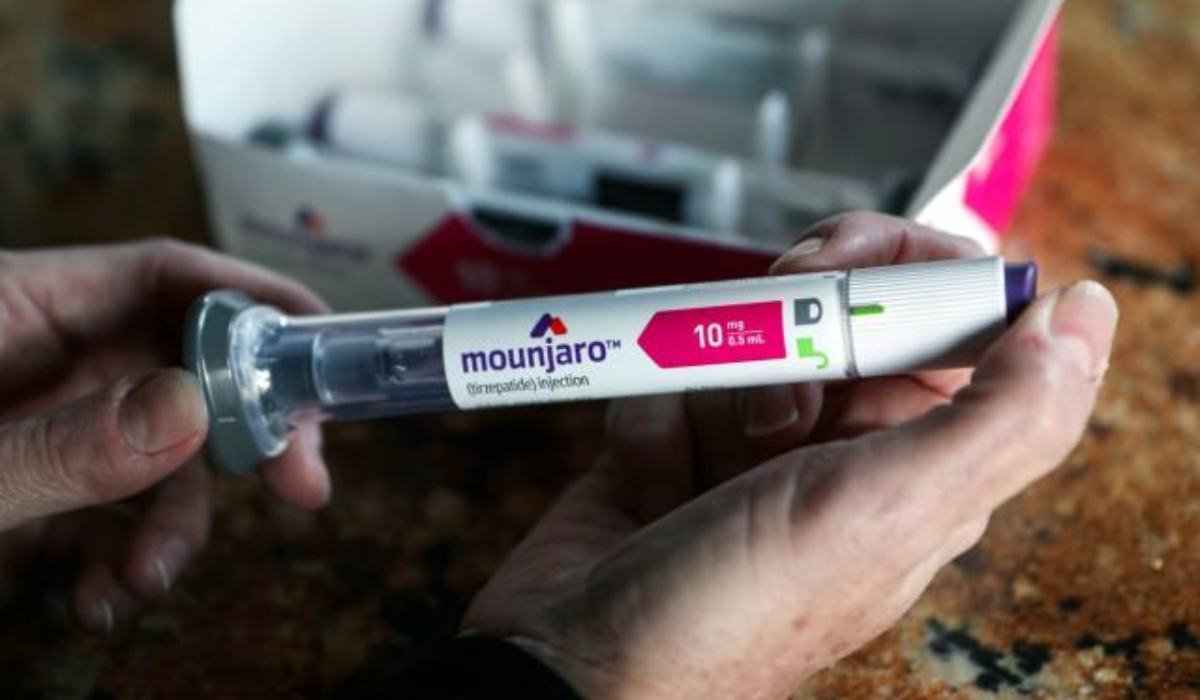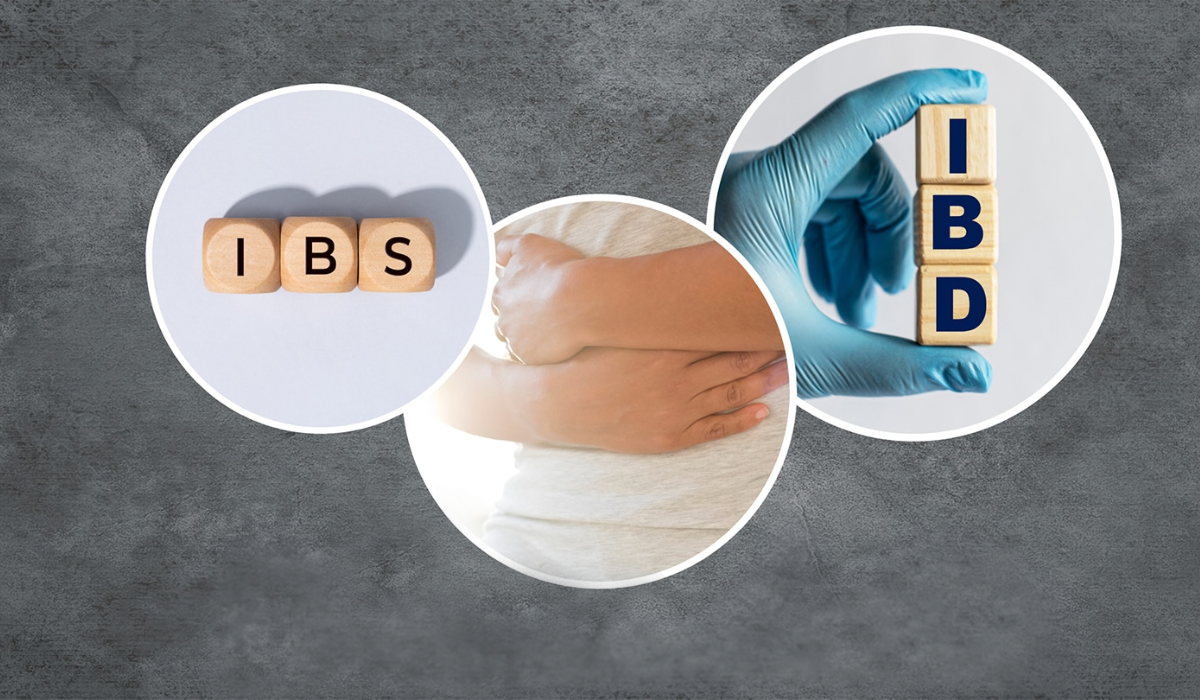Scott Read Pharmacy

Hormonal Imbalance - The Basics, Symptoms, Causes & Treatment!
What is Hormonal Imbalance?
A hormonal imbalance occurs when one or more hormones are in excess or deficient. It’s a general phrase that can refer to a wide range of hormonal disorders.
Hormones are potent messengers. For many hormones, even a little too much or too little of them can cause big changes in the body.
While some hormonal abnormalities are chronic (long-term), others are temporary. Furthermore, some hormonal imbalance necessitate treatment to maintain physical health. In contrast, others may not have an influence on overall health but can have a detrimental impact on the quality of life. If you’re in need of treatment or medication for hormonal issues, you can visit a drugstore in Houston to obtain the necessary medications and supplements.
What are the symptoms of Hormonal Imbalance?
The symptoms of hormonal imbalance differ depending on which gland is damaged and whether the person is male or female.
Hormonal symptoms in women
The following symptoms of hormonal imbalance in women appear more commonly:
- Acne mood changes
- diarrhoea or constipation
- unusual menstrual cycle
- abdomen or backache
- Infertility
- Minimal sex drive
- Insomnia
- Unjustified weight gain or loss
- Fractured bones
- In excessive hair growth, or hirsutism
- Skin irritation
Hormonal imbalance symptoms in men
Males who have low testosterone levels commonly experience the following symptoms:
- Erectile dysfunction (ED)
- Lesser sex drive
- loss of muscle strength
- Thinning of hair and slow hair growth
- Chest pain.
What are the causes of Hormonal Imbalance?
The body’s hormone levels normally shift over the course of a day and a lifetime. Hormone-based alterations are often visible during puberty, pregnancy, or menopause.
Hormone levels can occasionally run excessively high or too low due to specific lifestyle variables or underlying medical disorders, such as:
- Life circumstances, such as stress or infection
- If an individual is on some over the counter drugs or medications, including steroids
- Endocrine gland damage caused by environmental factors (radiation) or an accident (head trauma)
- Autoimmune diseases such as Hashimoto’s disease, Graves’ disease, etc. Type 1 & Type 2 diabetes
- Hormone therapy
- Cancer therapies such as chemotherapy
- Eating disorders
- Anxiety or Depression
- Diabetes insipidus, hypothyroidism,
- Hyperfunctioning thyroid nodules.
- Thyroiditis hypogonadism
- Cushing disease
- Poor diet and nutrition
- Overweight
- Hormonal replacement or birth control over-the-counter drugs
- Greater exposure to toxins, pollutants, and endocrine-disrupting chemicals.
There are a variety of other causes for hormonal imbalance in the body. The best option is to consult the best healthcare professional to know more about the underlying hormonal imbalance cause and get the best treatment possible for the same.
The best treatment for hormonal imbalance.
There is a wide range of helpful treatment options for hormonal imbalances. However, based on the body type and hormonal imbalance causes.
Here are some common treatments for hormonal imbalance to address it:
- Lifestyle changes: Simple lifestyle modifications can help regulate hormone levels. It usually includes adopting a balanced diet, exercising regularly, managing stress, getting adequate sleep, and avoiding exposure to hormone-disrupting substances.
- Medications: Depending on the specific hormonal imbalance, certain medications are quite helpful. But, make sure to consult with a professional healthcare service provider to get the best treatment and avoid any possible side effects. Hormone replacement therapy (HRT) can supplement deficient hormones such as estrogen or testosterone during menopause or andropause.
- Surgery or radiation therapy: In some cases, surgical interventions or radiation therapy are also becoming helpful. For example, surgical removal of tumours or cysts affecting hormone-producing glands, such as the ovaries, adrenal glands, or pituitary glands, may be necessary.
- Herbal supplements: Certain herbal supplements have been used to support hormone balance. However, it’s important to consult with a healthcare professional before using herbal supplements, as they can interact with other medications or have side effects.
- Behavioural therapy: In conditions like anxiety or depression, which can have a huge impact on hormonal imbalances. To prevent such situations, opt for behavioural therapies such as cognitive-behavioural therapy (CBT) or mindfulness-based stress reduction (MBSR) to manage symptoms.
It’s crucial to consult with a healthcare provider to determine the underlying cause of the hormonal imbalance and then go for the best treatment of hormonal imbalance. They can provide personalized recommendations based on the specific situation and medical history.
To conclude
A hormonal imbalance will most likely occur at least once or twice in a person’s lifetime. Hormones are advanced, potent substances. Some symptoms of hormonal imbalance can make you feel as though you don’t have control over your body if one or more of them are out of balance.
It’s crucial to consult your healthcare professional if you experience new or persistent symptoms. They can conduct several tests to determine whether a hormone imbalance or another condition is the reason. The sooner you seek help and treatment, the sooner you’ll be able to return to your normal self.
However, if you are looking to get the best medications and supplements to treat hormonal imbalances, reach out to Scott Read Pharmacy – the best pharmacy in Houston.
Recent Posts
Recent Blogs
Study Reveals: Mounjaro leads to far more weight loss than Ozempic.
Study finds Mounjaro outperforms Ozempic in weight loss If you struggle with obesity, you’ve undoubtedly already heard all of the…
IBS or IBD: How do these two diseases vary?
IBS or IBD: How do these two diseases vary? We’ve all had uncomfortable digestion at some point. Bloating, painful cramps,…
Are Weight Loss Medications Worth it? A Deep Dive Into it
Scott Read Pharmacy: Elevate your health journey with our personalized weight loss medications, ensuring safe and effective results. Trust us for…
Scott Read Pharmacy is proudly powered by WordPress










